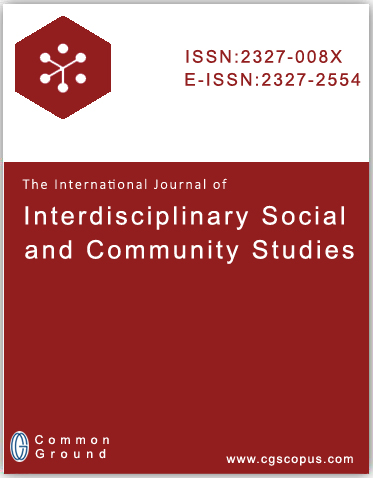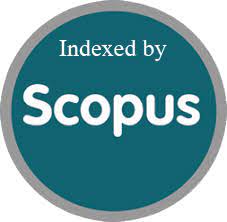DIGITAL FINANCIAL LITERACY AND RETAIL SUSTAINABILITY: AN EMPIRICAL STUDY OF SMALL SHOP OWNERS IN UTTAR PRADESH
DOI:
https://doi.org/10.18848/5r4vxq57Keywords:
Digital Financial Literacy, Digital Financial Services (DFS), Financial Knowledge, Risk Awareness & Consumer Protection, Unorganised Retailers (Kirana Stores), Sustainable Digital FinanceAbstract
This study develops and empirically validates a multidimensional construct of Digital Financial Literacy (DFL) tailored to unorganised retail proprietors in Lucknow. Grounded in contemporary frameworks, DFL is operationalized as a second-order factor comprising: digital device skills, financial knowledge, procedural familiarity with digital financial services (DFS), awareness of digital risks and risk-control practices, knowledge of consumer rights and redress, and self-determination to use DFS. Data were collected via a purposive survey (pilot n = 77) administered January–June 2025; 352 valid responses were retained for analysis. Measurement quality was examined through item loadings, Cronbach’s α, composite reliability, AVE, HTMT, and VIF, and the hypothesised structural relationships were tested using Structural Equation Modeling with bootstrapping. Results indicate that financial knowledge, familiarity with DFS, risk/rights awareness, and self-determination are significant positive predictors of DFL, whereas general digital device skills did not exert a significant direct effect. These findings suggest that access to devices alone is insufficient: content-specific financial and procedural competencies, together with awareness of protections and intrinsic motivation, better explain retailers’ digital financial capability. The paper concludes with recommendations for targeted training, consumer-protection education, and further research using broader, longitudinal designs and objective behavioral measures.










